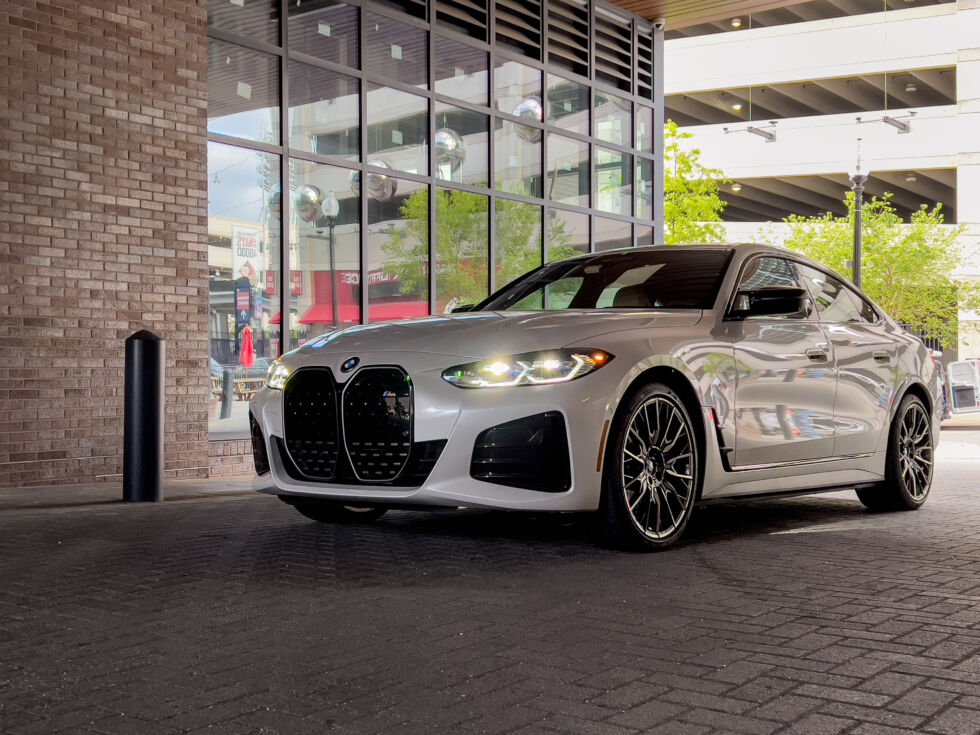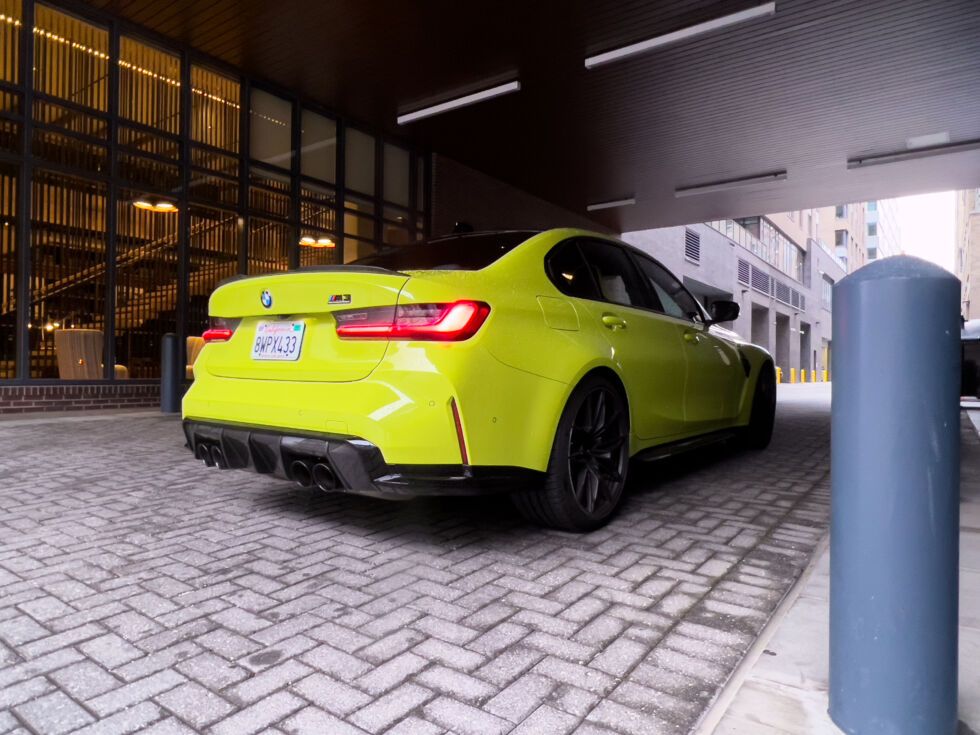
As I’m fond of saying, electric motors just make cars better. Regular readers will notice that most of our automotive coverage is about electrified cars, but the other kind still represents more than 95 percent of all new cars sold in the US, so we have reason to drive a few of those from time to time as well. And when we do, it’s often an exercise in frustration—even a performance car like a Porsche 911 Turbo can’t match the immediate slug of torque from an electric motor doing its thing.
And that’s good. Electric cars need to be the future of personal transportation if we want to avert the worst ravages of climate change, albeit only alongside everyone walking, cycling, and taking public transport more. (We could do with a comprehensive redesign of our built environment to make all that safer, too, but I realize I’m veering dangerously into a post-scarcity utopia there, whereas it currently looks like we’re in the Mirror Universe.)
But the uncomfortable truth for the EV-loving driving enthusiast is that while EVs make perfect sense for getting from A to B—absent the occasional edge-case like an emergency cross-country trombone delivery—I’m not sure they’re quite there yet when it comes to that last bit of fun.

For example, I recently spent a week with a BMW i4 M50, the more powerful, sportier version of the Bavarian brand’s four-door electric sedan. And immediately afterward, I spent a week with a BMW M3 Competition. They are both four-door, all-wheel-drive BMWs, and both have giant nostrils and produce more than 500 hp (373 kW). There’s no question about which one I’d buy with my own money: the i4, which is better in town and more economical on long runs, and it has a more modern infotainment system.
The M3 Competition, on the other hand, is much more of a chore to live with. It has carbon-fiber bucket seats that are hard to get into and harder to get out of, though they are amazingly supportive once you’re ensconced. It’s thirsty and noisy, and in the case of the car I was driving, it’s painted fluorescent yellow. But it undeniably has more character than the i4 M50, and with a curb weight that’s more than 1,000 lbs (454 kg) lighter, it possesses an agility that the more powerful but heavier electric BMW can’t quite match.
It’s flawed, but it has buckets of character. Still, I’d only buy one if I spent most of my weekends at track days.

Not that EVs can’t handle some track action. I’ve gone on record as saying that I think the electric Porsche Taycan is better than a Porsche 911. But a day lapping Taycan GTSes at Willow Springs was more informative than fun.
Actually, I do think enthusiasts can find EVs that are fun to drive, but they’re not where you might expect. Sure, tons of power and torque are easy to provide with a powerful battery and motor, but even three-seconds-to-60 acceleration starts to feel normal before long. Such powerful EVs often tend to be a bit “point and squirt”—fast in a straight line, but you have to slow down to corner. And that’s before I’ve gotten worked up about the problem of inappropriate speeding.
The cheap ones are the most fun?
Oddly, I’ve found it’s the most prosaic EVs that often deliver the most rewards to the driving enthusiast. There’s nothing particularly sexy about Volkswagen’s ID.4 crossover. The interior is spartan in the truest traditions of the people’s car, and the infotainment system is frustrating to use. It has just 201 hp (150 kW) to send to its rear wheels. But in eco mode, on a twisty back road, it’s actually a lot of fun because it’s all about conservation of momentum. And if you don’t think that’s fun, just talk to any Miata driver.
Or look at the oft-maligned Chevrolet Bolt EV, which recently dropped in price to $26,595. Stick some sporty tires on one of those, and it will out-autocross a Golf GTI and put a smile on your face as it rotates around its short wheelbase.
That’s likely to be an unsatisfying answer to a driving enthusiast looking at going electric. I think we’ll get there as automakers refine their EVs through successive generations. But it’s pretty clear from most announced plans that to start with, OEMs are skating to the puck, which means making EVs for everyday use. Eventually, in-house tuning departments like BMW M will focus their full attention on EVs.
We just have to be patient.
https://arstechnica.com/?p=1861564

